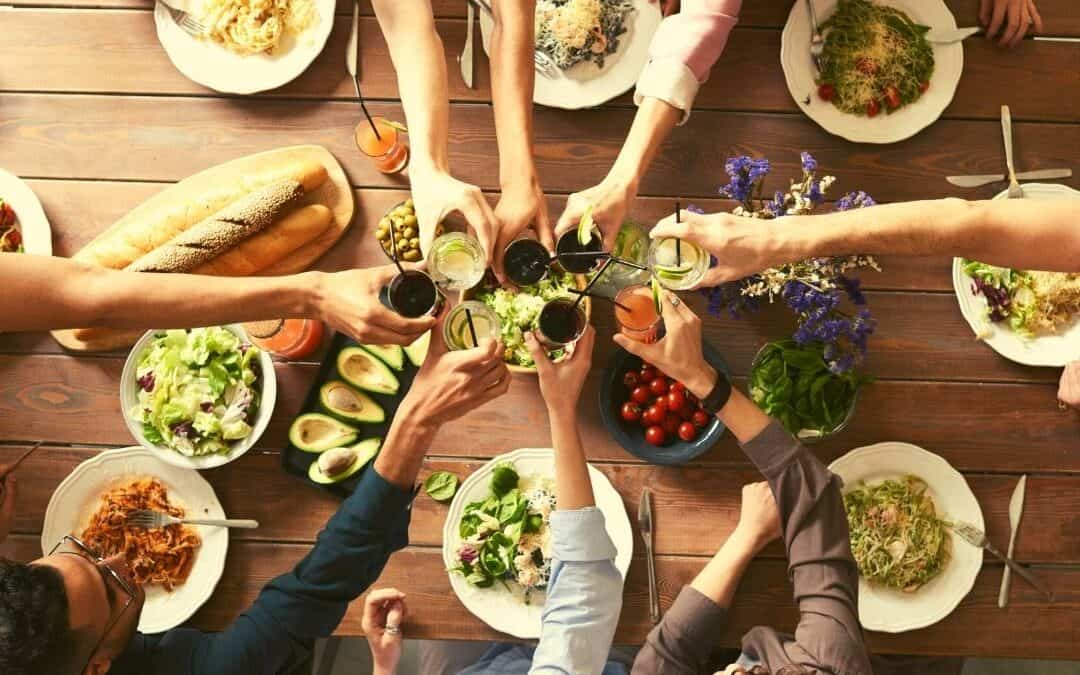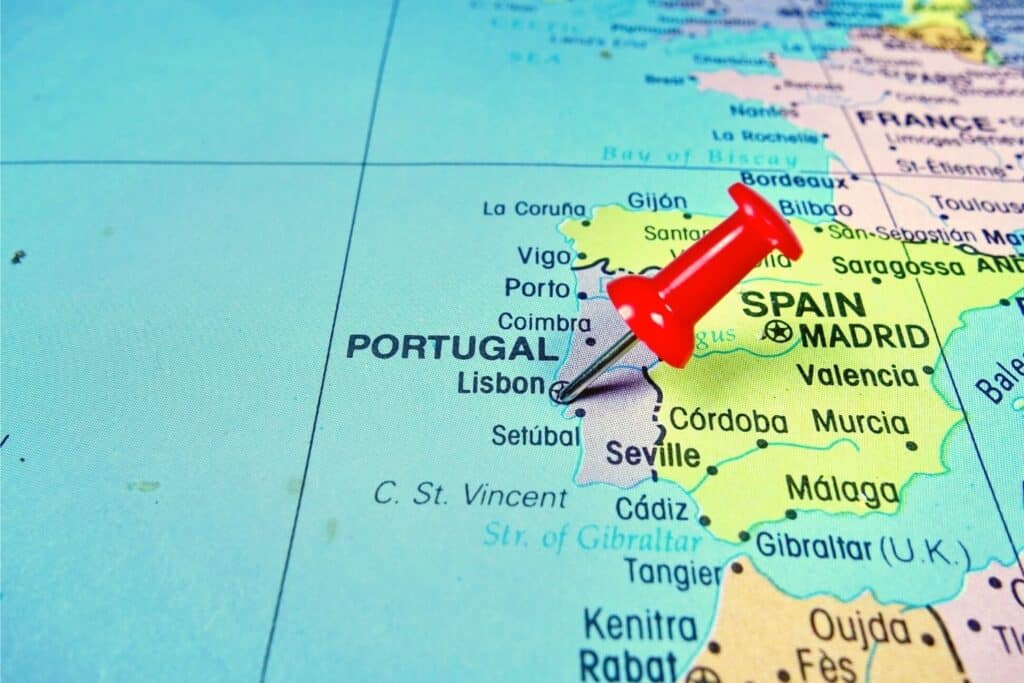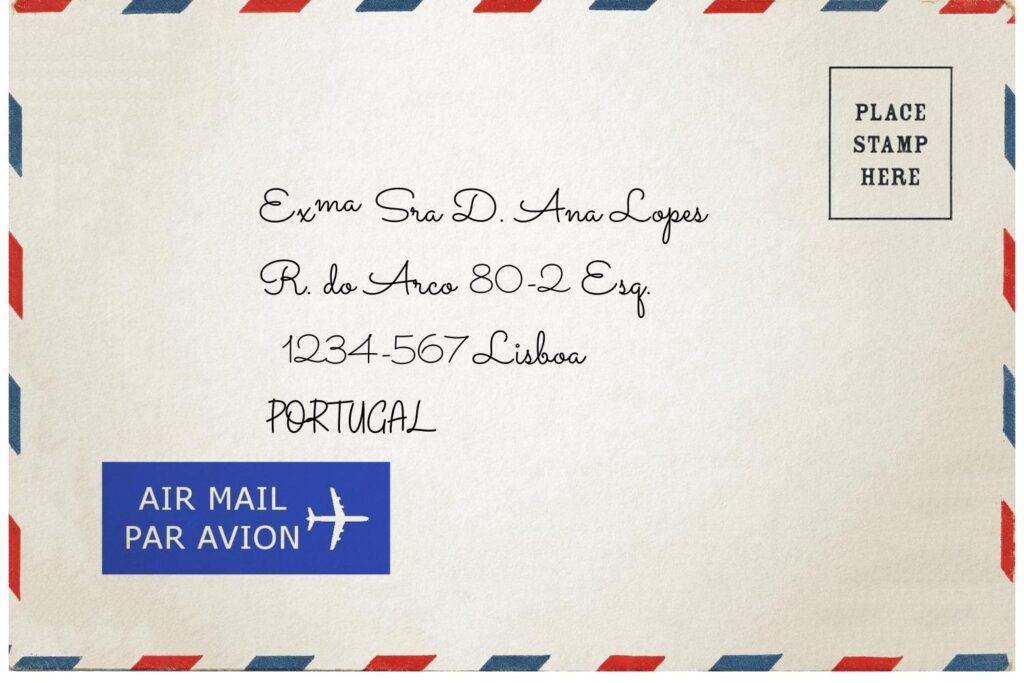Dining etiquette in Portugal is not much different to that of the UK or continental Europe, give or take a few traditions. But if you come from the US, and don’t want to attract unwanted attention, you might like to familiarise yourself with Portuguese dining customs.
Portuguese say ‘Cheers!’ with the expressions ‘Saúde!’ (to your health), ‘À vossa!’ (to yours [health]) or ‘Chin-chin!’ (sound of clinking glasses) while raising glasses to heart level. It’s customary in Portugal to look people in the eye when clinking glasses or raising your glass to theirs.
But what if there’s more to not risking being considered a barbarian in Portugal than knowing where to look when clinking glasses? What should you really expect if your Portuguese hosts invite you to dinner in their home?
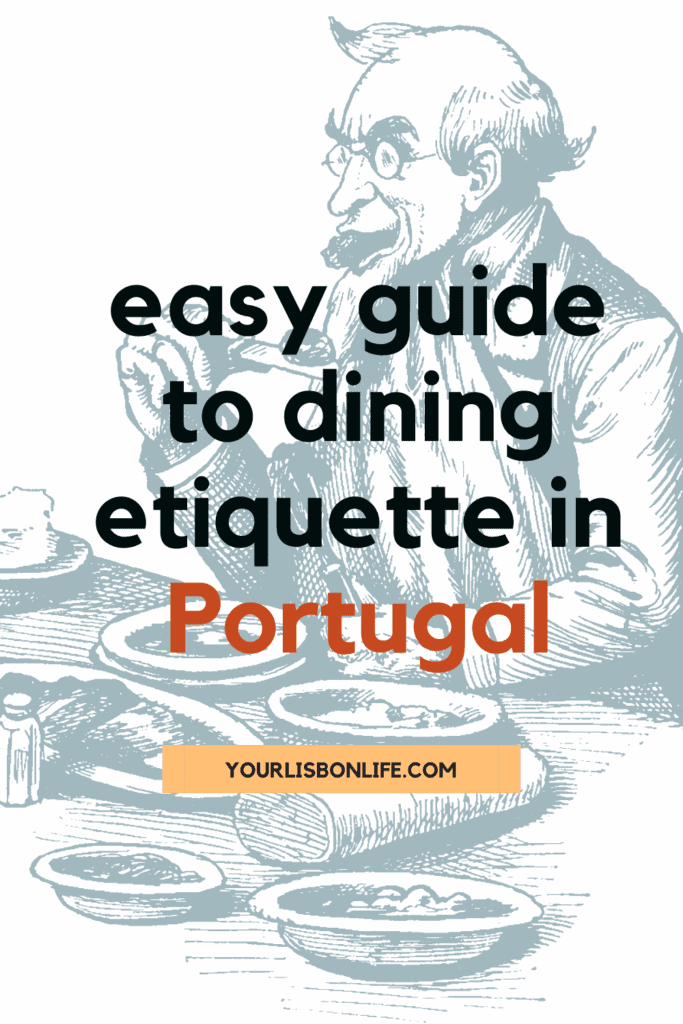
This post will get deeper into Portuguese dining etiquette and we’ll cover all the dos and don’t of table manners in Portugal.
A Look into Table Manners in Portugal
Portuguese people are renowned for their hospitality and their priority will be to make you (their guest) feel welcome and accepted. If you are a guest in their home, they are more likely to lavish you with attention and genuine curiosity than look for ways to find you wanting.
Still, it’s good to be prepared, especially if your hosts are your future parents-in-law, say, and making a good impression is your priority.
Common table manners we learn as children, such as not chewing with your mouth open, not talking with your mouth full, and saying ‘Excuse me’ (‘Com licença’ in Portuguese) when reaching across someone to grab something, operate in Portugal in the same way as in they do in your home country. If you remember only these, it’s an excellent start.
Then there are the finer points of Portuguese dining etiquette, such as
- what to bring to dinner if you’re invited,
- how to refill your wine glass if you’re a woman and
- how to hold your knife and fork.
These points do differ in Portugal from dining customs in America, and even from other European countries. So read on. The good news is that you can easily master Portuguese dining etiquette – that’s what this post is for. Let’s start with what to generally expect from a group dinner in Portugal.
What to expect when invited to dinner at someone’s family home in Portugal
If you have been invited to dinner at your Portuguese host’s family home, events will generally proceed in ways that are similar enough to the rest of the world that you don’t need to expect any surprises.
Portuguese dinner proceedings that are probably similar to what you’re used to:
- The patriarch/most senior member of the family sits at the head of the table
- The guest (you) will be invited to sit at right angles to the head of the table, to their right. If you bring a guest, they will sit next to you
- The guest(s) will be served first by asking them to reach their plate to the food platter in question, so that one of the hosts (usually the matriarch) can heap food on it
- The head of the table will often announce Bom apetite! (enjoy your appetite) to signal everyone should start eating, or they might just pick up their utensils. Either way, it’s good manners to only start eating after the host.
- Wine and water will be offered and sometimes also beer and soda. The male host fills the guests’ first glasses of wine. If there are no males at the table, the hostess pours the wine.
- The first course is often hot vegetable soup (of the broth, rather than thick purée, variety); the second course is either a meat or fish dish. Dessert, coffee, chocolates, Port wine/liqueurs, and sometimes whisky, follow.
Potentially unexpected Portuguese dinner proceedings to prepare for:
- Your host might not ask you about dietary requirements: Your host might assume you can eat anything; If you are vegetarian or have food intolerances, say so beforehand: your host will appreciate the information as it saves them from embarrassment.
- Take a shareable gift, but not necessarily wine: Bring chocolates, dessert or flowers rather than wine. Your host will of course say to bring only yourself, but a box of chocolates (see suggestions of more Portuguese hostess gifts below) will always be appreciated and shared after dessert.
- Have a late afternoon snack, or you might starve: Dinners in Portugal will not often start before 9pm, though guests are likely to be asked to arrive at 8pm. Mingling, conversation and sometimes a house tour will precede sitting down to dinner.
- Don’t remove your shoes at the door: Your hosts will rarely ask you to remove your shoes at the door, as street shoes are routinely worn indoors in Portuguese homes.
- Don’t expect a glass of wine before dinner: Pre-dinner drinks are not a custom in Portugal unless your host has travelled more widely than Southern Europe. Don’t expect to be served an alcoholic drink before the meal starts.
- Don’t expect grace to be said: Even the most traditional church-going families in Portugal don’t usually say grace at the table, especially if they have guests.
- Expect a signal that it’s OK to start eating: Your host might say “Bom apetite!” or “Bom proveito!” (wishing you a healthy appetite and digestion), or simply raise the soup spoon to signal to everyone to start eating. At the wish, respond with a thank you – “Obrigado” if you’re a male, or “Obrigada” if you’re a female, and dig in.
- The male host will pour the wine: Wine is traditionally poured by men in Portugal and never by women, even if the woman supplied the bottle in the first place. If you are the only male at the table you might be asked to pour the wine, so be prepared. Fill others’ glasses before yours.
- At a Portuguese table, women do not pour the wine: Unless there are no men at the table, women are to discreetly signal to their nearest male neighbour that the wine is delicious and they would love a refill.
- Yes, even if the bottle is two inches from their wine glass.
- And yes, even if their nearest male neighbour is a 15-year-old boy.
- It’s a custom akin to allowing the male to display their chivalry by letting the woman through the door first.
- If you are a male guest, keep an eye out for any female neighbour’s wine glass and if it needs refilling.
- Start drinking your wine only after the host: To signal that everyone can start drinking their wine, the host will often raise their glass for an informal toast that ends in the exclamation of “Saúde!” or “À vossa!” or “Chin-chin!”.
- Raise your wine glass to the level of your heart as the host speaks and repeat the exclamation.
- Meet people’s eyes if glasses are clinked across the table and take a sip before setting yours down.
- If you don’t drink alcohol, raise your drink together with the table but you can set it down without sipping it.
- At a Portuguese table, forks are always held with the left hand: Portuguese dining style is that of the rest of Europe, where both utensils are held at all times except when taking a break from eating. Knife in the right hand and fork in the left – and ne’er shall these positions get swapped (see more on this below).
- If the main dish is fish based, expect the utensils to look different: In Portugal fish is generally eaten with utensils different to the common knife and fork. The fish knife will look more like a palette knife, and the fork will have indents at each side of its tines. Proceed as though they were a normal knife and fork.
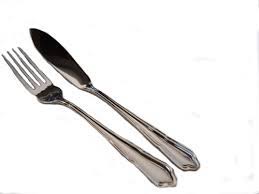
- As a guest at a Portuguese table, don’t ask for salt or pepper: Unless these condiments are already on the table, you risk distressing the cook by suggesting the dish lacks flavour.
- Even when taking a break from eating, hands are held above table level: It’s good manners to keep both your hands and wrists above the table and not rest either on your lap. Elbows on the table might start happening by chocolates and liqueur time, especially in less formal gatherings.
- Whisky is a favoured after-dinner drink, especially among Portuguese men: You’ll know your hosts want to extend dinner as long as possible when the whisky bottle is brought out after the coffee, the chocolates and liqueurs are consumed.
- If you are a male guest above the age of 17, your Portuguese hosts will probably assume you share their predilection for whisky.
- With the whisky the male raconteur session will begin and women often abstain from the whisky and might talk among themselves.
- If the males at the table are all younger than 30, the whisky session is less likely to happen, but another spirit might be offered. If you have somewhere to be early the next morning, I recommend having an excuse to leave ready at this point.
At a Portuguese table, women do not pour the wine: Unless there are no men at the table, women are to discreetly signal to their nearest male neighbour that the wine is delicious and they would love a refill.
Host/hostess gift ideas to take when invited to dinner in Portugal:
- Box of chocolates, grocery store or premium:
- Grocery store chocolates: If you are a student or young person, a box of chocolates bought from the grocery store will do fine;
- Premium grade chocolates: If you are already earning a wage, you could go for a premium brand of chocolates like Hussel – they have a store in Armazéns do Chiado in downtown Lisbon, as well as other Lisbon shopping centers.
- A bunch of flowers: you can buy flower bunches in Pingo Doce supermarkets or a florist for a more bespoke (and pricey) bunch.
- Flowers are a good choice if the person who invited you is a woman, or if you know the matriarch will be putting most of the cooking effort into the dinner.
- Grocery store flowers: these are fine if you are a student or young person.
- Dessert: a tub of ice cream from Amorino or Santini ice-cream parlours (find both in Lisbon’s downtown) with be highly appreciated; even a tub of flavoured ice-cream bought at a supermarket can impress because Portuguese tend to see ice-cream as a special-occasion dessert.
- Amorini or Santini premium ice-cream tubs are not cheap (about 11 Euros) so they will be more impressive gifts, but not expected if you’re a student.
- A tub of ice cream from Pingo Doce supermarket goes for under 3 Euros, which is an appropriate gift if you are a student or not earning a wage yet.
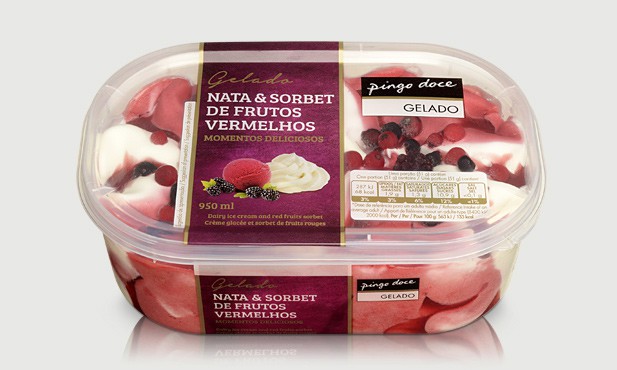
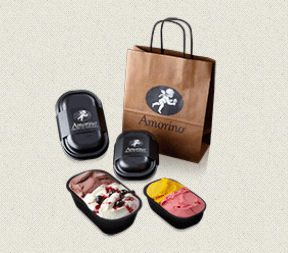
DOS AND DON’T OF PORTUGUESE DINING ETIQUETTE, A SUMMARY
The Don’ts
- Don’t pour the wine if you’re a woman
- Don’t hold the fork with the right hand
- Don’t place your hands on your lap while eating
- Don’t ask for salt or pepper if it’s not already at the table
The Dos
- Keep your hands and wrists above the tabletop
- Meet people’s eyes when clinking glasses or when raising your glass to theirs
- Hold your fork with the left hand while eating, tines down
- When taking a break from eating, cross your utensils at right angles on the plate (angle opening to you), knife on the right with blade facing inwards
The Main Differences Between American and European Dining Styles

Dining etiquette in Portugal is different to American, particularly when it comes to the way the utensils are held, which follows the European style.
The basics you need to know if you don’t want to break the dining rules in Portugal
- Hold your knife with the right hand, and your fork with the left – don’t swap hands
- Keep the tines of your fork turned down, even when placing food in your mouth
- Don’t set your knife down before raising your fork to your mouth
- Keep holding the knife unless you take a break from eating
- The knife can be used as a pusher of food onto the fork (tines turned down)
- Fish has its own knife and fork – use them as above
- When taking a break from eating, rest utensils on your plate at a 90o angle open towards you. The utensils can cross or just touch at the tip (fork tines down)
- When you finish eating, rest your utensils parallel to each other at a 5pm position on a clock, with the knife’s blade turned in and the fork tines down.
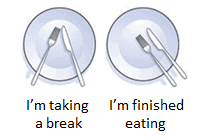
BOM APETITE!
Want to read about house hunting in Portugal? Read our article on the best real estate Portuguese websites.
Read other articles:
Planning your trip to Portugal: What you should know before you leave
If you are travelling to Portugal any time soon, you want to plan it just right so you have a worry-free time when you get there. There are a few Portugal-specific tips you will be glad you prepared for - and that’s what this article is for. Portugal is a developed...
How Portugal Addresses Work: 8 essential tips to keep in mind
Understanding addresses in Portugal takes some know-how, but it’s not as hard as it might look. You only need to memorise a few Portuguese postal conventions to be able to address correspondence properly and to get around with confidence. So, hold tight as we guide...
Where to Buy Furniture in Portugal: Best online stores ultimate guide
Looking for a unique furniture piece to match the charm of your Lisbon apartment? Or maybe you want to furnish your entire home in Algarve, but without breaking the bank? Fortunately for those of us who prefer to avoid the wall-to wall IKEA route, Portugal now has...

